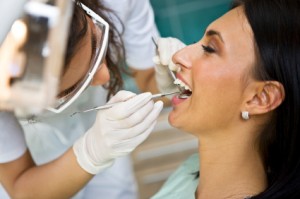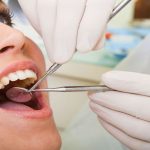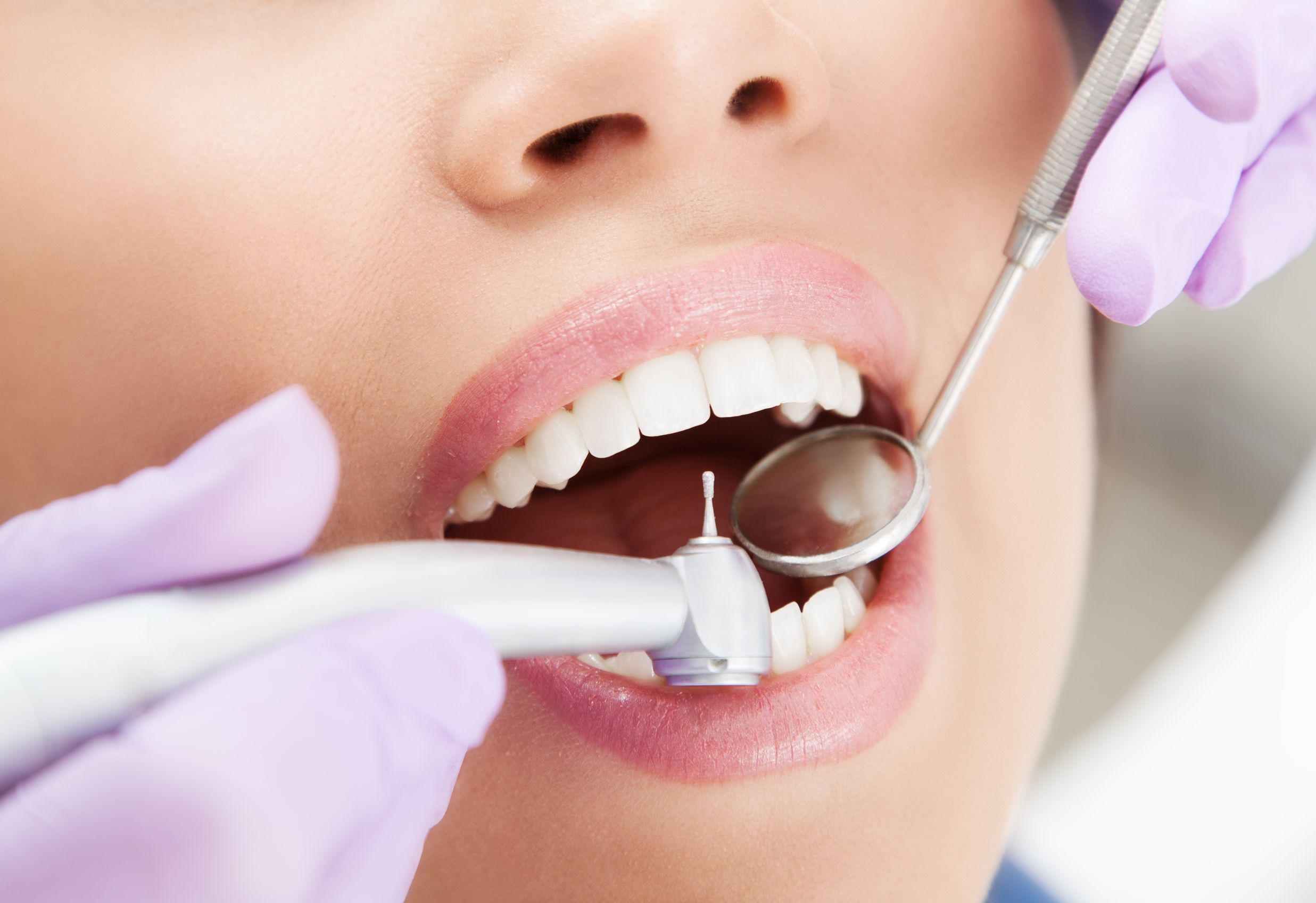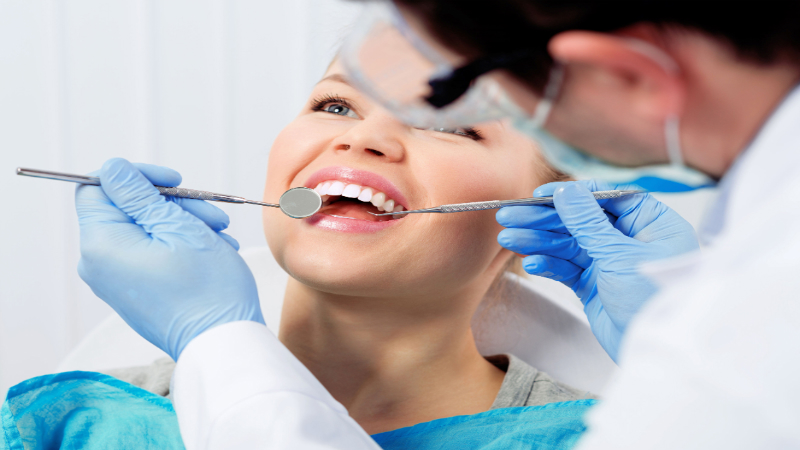Anxiety is always an uncomfortable feeling, especially when you are at the dentist office. A Sedation Dentist in Suffolk County specializes in using pharmacological agents to relax and calm patients throughout the dental appointment. Sedation is a common practice with many of the major procedures such as wisdom tooth extractions or root canals, but this practice is becoming more routinely offered to patients who just become too anxious even during simple routines. A Sedation Dentist in Suffolk County is trained in the latest procedures to administer anesthesia and to deal with the adverse effect of sedation if such effects should occur. Unexpected reactions to anesthesia are rare events, but these dentists are trained to be able to handle all situations both good and bad.
Many times, when patients think of sedation, they immediately imagine being completely subdued and incoherent to the world, but this is not always true. Sedation is divided into four sections including relaxation, minimal, moderate, and deep sedation. Dentists determine what type of sedation is needed by the situation at hand. For anxiety, the dentists may choose minimal or moderate sedation so that they can maintain consciousness with the patient while administering whatever procedure needs to be performed.
Relaxation sedation is strictly reserved for anxiety and uses minimal sedation. Relaxation sedation is designed to curb the fear of dentists that many patients have. For deeper levels of sedation, the dentist may choose a combination of nitrous and oral medications. This usually occurs during more serious dental procedures, so pain is not an issue during the surgery, and so the dentist can situate and maneuver without harm to the patient.
There are a few issues that are posed by undergoing sedation. Sedation Dentists are trained to monitor the changes of one’s heart rate, oxygen levels, and blood pressure. Also, respiratory risks are sometimes an issue. The major concern with respiration issues is aspiration in which an object is inhaled into the lungs unknowingly. These issues can be avoided by dentist who are careful and take their time throughout the procedures.








